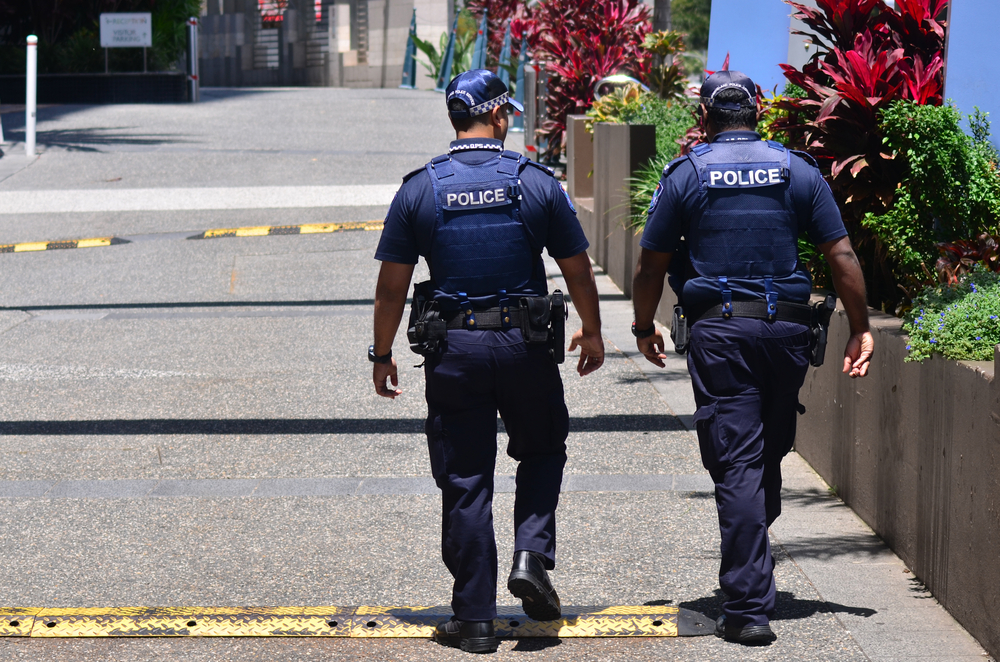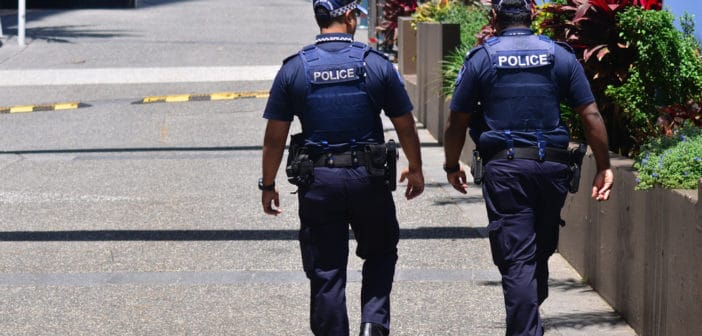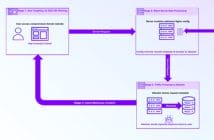
By Staff Writer.
The Director-General of ASIO, Mike Burgess, delivered his annual threat assessment in Canberra on Wednesday and called for a broader approach to security intelligence amid a rise in online radicalisers, extremists, and nation-states conducting political interference.
In a wide-ranging speech, Mr Burgess said the acceleration of radicalisation, online propaganda, misinformation, single-issue extremism and young people embracing violent extremism required a whole-of-government and whole-of-nation approach.
“Australia’s security outlook remains complex, challenging and changing. COVID-19 and its associated lockdowns added considerable volatility to the mix,” the ASIO boss said.
“While the time of lockdowns seems to have come to an end, the impacts of the lockdowns are continuing to influence the security environment.”
Noting the rise of cybercrime, Mr Burgess said from a national security perspective, the increasing use of the internet for espionage and radicalisation purposes was a greater concern.
He said social media or internet platforms were easy ways for foreign intelligence services to target and cultivate Australians of interest to them. But Mr Burgess said online radicalisation was an even greater threat.
“The internet is the world’s single most potent and powerful incubator of extremism,” he said.
ASIO’s DG said the increase in radicalisation and specific-issue grievances was linked to lockdowns and the amount of time people spent at home online – making them easy marks for radicalisers. ASIO is also alarmed about the increasing numbers of teenagers becoming radicalised.
“The number of minors being radicalised is getting higher, and the age of the minors being radicalised is getting lower,” Mr Burgess said. “A few years ago, minors represented around two to three per cent of our new counter-terrorism investigations. In the last year, the figure’s been closer to 15%. Perhaps more disturbingly, these young people are more intense in their extremism.”
Mike Burgess stresses he doesn’t have a problem with people holding opinions. His agency intervenes when opinions involve promoting violence or actual acts of violence.
“In this uptick in specific-issue or grievance-motivated violent extremism, many of the actors are newcomers, so it’s harder to get a sense of what is simply big talk—and what is genuine planning for violence,” he said. “The most likely terrorist attack scenario in Australia over the next 12 months continues to be a lone-actor attack.”
Mike Burgess also used Wednesday’s address to highlight the rising rate of foreign interference in Australia. He called the threat pervasive, multifaceted, and potentially damaging Australia’s national interest.
Highlighting the foreign interference threat, Mr Burgess revealed his agency recently disrupted a “puppeteer” with close links to an undisclosed foreign government who sought to financially back unwitting candidates to run in the upcoming federal election.
“It’s impossible to know exactly what would have happened without ASIO’s disruption, but I can offer an informed scenario,” said Mr Burgess. “Some of the candidates get elected. The puppeteer’s employee then recommends hiring certain other associates as political staffers.
“Down the track, the new parliamentarians might be asked for information about the party’s position on defence policy, human rights, foreign investment or trade. This information will be sent to the foreign power without the knowledge of the parliamentarian. At some point, the politicians might be prevailed upon to vote a particular way on a contentious issue, or lobby colleagues to vote a certain way.”
The ASIO boss says this is how similar scenarios that weren’t stopped played out overseas.
Mike Burgess argued it is the responsibility of individuals, organisations, and governments not to be passive in the face of these threats. He said security is a shared responsibility and dismisses what he called the Borg ‘resistance is futile’ defence.
“Good security is achievable, and good security works,” Mr Burgess added.





